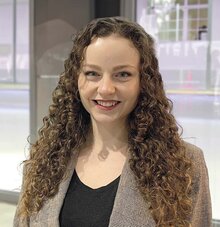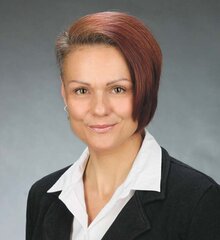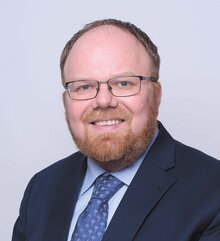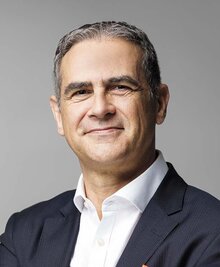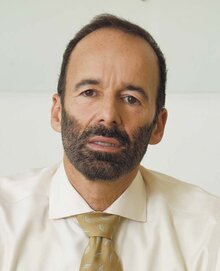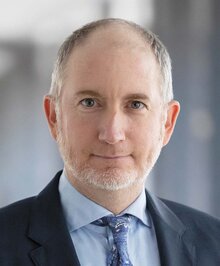A few basic observations
Erasmus+ makes a difference! This is the conclusion drawn by numerous studies commissioned or carried out over the years by various institutions, not least the European Commission and the NA DAAD. It applies to all key actions: individual mobilities, partnerships and collaborative projects as well as policy support.
Students, teachers, researchers, administrative staff and universities all gain from Erasmus+ projects in the higher education sector, both individually and in partnerships. But companies and their employees, research institutions, municipal associations as well as the broader public can – and should – also benefit from Erasmus+.
The impacts are manifold, as student experiences show. A European Student Network (ESN) survey carried out in 2013, for instance, proved the positive influence Erasmus stays can have on students’ European identity. The Campus International 2022 study published in spring 2024 also demonstrates that studying abroad enhances general and multicultural self-efficacy, personal adaptability and, as a result, employability.


